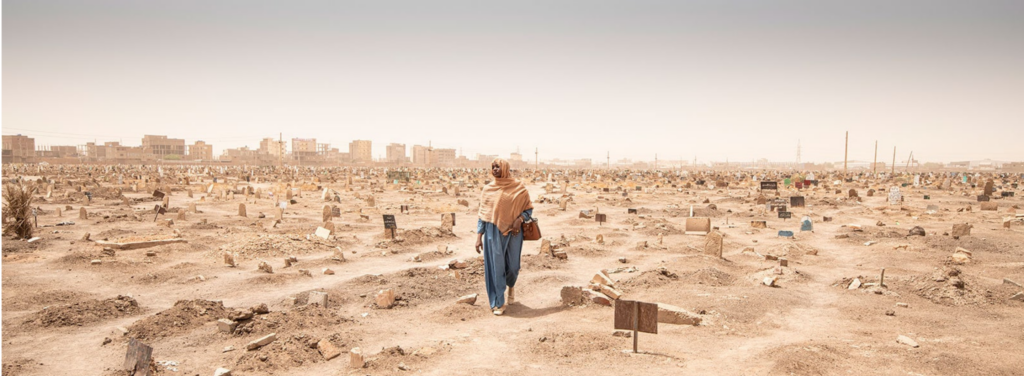Updates & Press
Featured | August 6, 2021
Weekly Humanitarian News Digest – August 6
Author | MedGlobalComms

Each week, we highlight the latest news related to the humanitarian and health crises in our countries of operation: Bangladesh/ Myanmar, Colombia/ Venezuela, Gaza/ Palestinan Territories, India, Lebanon, Pakistan, Sudan, Syria, and Yemen. For more frequent updates, make sure to follow us on Facebook, Instagram, and Twitter.
Cover Image: The Telegraph/Simon Townsley
Latest News for August 2 – August 6, 2021
Bangladesh/ Myanmar
A rise in gender-based violence and oppression threatens the health and wellbeing of Rohingya women in Cox’s Bazar, Bangladesh. Rohingya women report an increase in extortion, attacks, kidnapping, and harassment within Cox’s Bazar, especially for those seeking education or speaking out about women’s rights. These oppressive fear tactics are preventing women from volunteering with aid organizations or seeking out health services provided by aid organizations. (The New Humanitarian)
Colombia/ Venezuela
Flooding and landslides have prevented vital humanitarian aid from reaching displaced people in Colombia. Over 4,000 people have left their homes in Colombia’s rural regions due to violence and conflict, seeking safety in the nearby urban areas. The UN estimates that 1,300 of the 4,000 total displaced people are children. (The Guardian)
Gaza/ Palestinian Territories
According to data from the UN, social conditions in Gaza have worsened considerably since the conflict in May. Chronic unemployment and poverty are the main drivers of Gaza’s struggle with food insecurity. According to data from a recent UN needs assessment, unemployment has risen by 2 points since the conflict, and poverty has risen by 2.3 points. (World Food Programme)
India
As of July 30, 7.2% of India is currently vaccinated against COVID-19. India’s government is confident that the entire adult population will be vaccinated by the end of 2021 as the pace of vaccinations & available supply has increased. However, lack of transparency, remaining supply problems, and issues with equitable pricing could stand in the way. (DW)
Lebanon
A year after the Beirut Blast, people who lost their homes and were injured in the blast are still struggling to rebuild. Approximately 300,000 were left homeless after the initial explosion destroyed neighboring homes. Those who haven’t been able to afford new housing or weren’t able to live with relatives have been living in the ruins. Massive piles of unsorted, hazardous debris from the blast still haven’t been cleared. (Al Jazeera)
Pakistan
Natural disasters and epidemics have created ongoing humanitarian challenges in Pakistan. The Danish Refugee Council estimates that over 10 million people are in need of humanitarian aid in Pakistan. Displacement and diaspora in Pakistan is very common. The Pakistani Diaspora has the 7th largest immigrant population worldwide. (Danish Refugee Council)
Sudan
Sudanese health workers estimate that COVID-19 has killed tens of thousands. Sudan’s official government statistics report that only 2,770 people have died from COVID-19, but approximately 90% of COVID-19 related deaths go unreported. Mass burials at Al Sahafa cemetery in Khartoum are common. Stigma, lack of testing, and a delayed vaccine rollout negatively impacts health outcomes while hospitals struggle to access electricity, soap, and medications. (The Telegraph)
Syria
Shelling and intense conflict has put civilians in southern Syria in peril. The UN High Commissioner for Human Rights, Michelle Bachelet warns of danger as violence near the city of Daraa has surged in the last week. OHCHR has reported at least eight civilian deaths in just last week alone. Over 18,000 people have been displaced from the Daraa al-Balad neighborhood since July 28. (UN News)
Yemen
Only 50% of Yemen’s original health infrastructure remains. What is left lacks vital resources. Six years of ongoing conflict has exhausted and overstretched Yemen’s health services and workers. COVID-19 has further exacerbated the health crisis, and has left 20.1 million people without access to primary health care. (ICRC)


